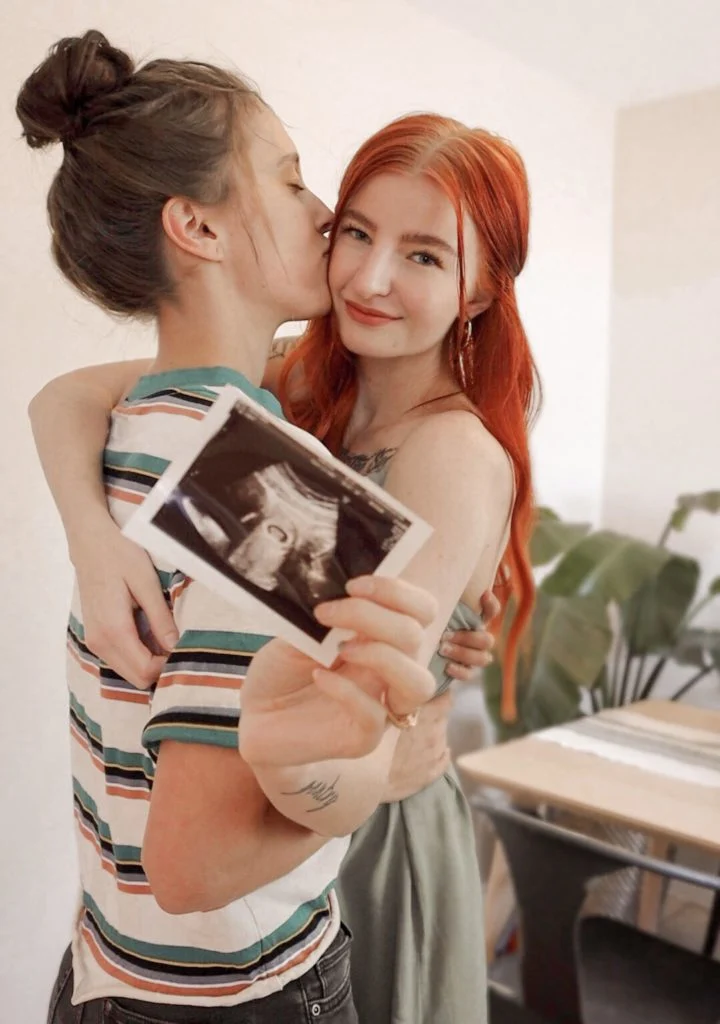The first time I encountered my son’s birth mother, she greeted me with a scowl that could have melted steel. I felt intimidated; this was my first foster placement, and our initial “ice breaker” meeting turned into an unintended confrontation when the visit supervisor stepped out for a moment. She had a history of navigating child services, having been in the system herself, and viewed the county—and me—as the adversary.
I regret to admit that I was more focused on her son than on her struggles. While I should have been compassionate, I found myself caught up in judgment instead.
My husband and I hadn’t set out to adopt; we were fostering simply because we could. We were new to the emotional challenges of foster parenting and had expected a lengthy certification process. After 11 months, we were finally certified and expressed a desire to foster a single child up to age six, hoping to ensure a smooth experience. However, by 3 p.m. on the very day of our certification, we were welcoming a one-month-old into our home, and our lives changed dramatically.
As the case progressed, we navigated the usual events: court dates, psychological evaluations, and visits with the birth parents—some of which were attended and some not. Although I didn’t see the birth mother frequently, when I did, I attempted to be friendly and supportive. Yet, in my mind, I told myself, “She doesn’t deserve him,” and “She should have known better.” My side gig of judging her consumed my thoughts.
Eight months into the process, a significant change occurred when she entered a residential program that aimed to help her achieve sobriety and address the areas of her life that had been problematic. Despite her progress, I found myself continuing to judge her harshly.
By then, visits had become routine. I would notify the visit supervisor upon our arrival, and she would take the baby inside. After the visits, she would return him to me in the parking lot. Sometimes, I would catch a glimpse of the birth mother glaring at me through the window, until one day everything shifted.
The night before, there had been flowers on the tables during dinner at her residential home, and she had asked to keep them. When she emerged from the building after visiting with our son, I was startled to see her carrying him and a small bouquet tied with string. She approached me, handed me the baby, and said, “I want to honor you and thank you. Happy Mother’s Day.”
That moment struck me deeply. We were both overwhelmed with emotion, and we embraced and cried together. For the first time, I truly saw her—her vulnerability, fear, and grief—and felt compelled to shift from being a judge to being her supporter. From that day forward, my perspective changed dramatically. I began to look forward to our encounters and shared milestones with her, even creating a photo album of her son’s first year. She became someone I cared for, like family, and I found myself torn between wanting her to succeed and fearing the loss of our son.
While that moment remains a cherished memory, I also carry guilt for not reaching out first. I admire her strength in taking that step. Despite her ongoing struggles, she has displayed remarkable resilience. I’m starting to see those same qualities in my son, and I take pride in the fact that he has inherited such traits from her.
That day marked the turning point in my understanding of birth parents. I realized how similar our lives could have been and how fortunate I was to have had a stable upbringing. Foster parenting is undoubtedly challenging; it can leave even the most stable individuals feeling unmoored. My husband and I emerged from our foster care journey with an adopted son, nine other children who will always have a place in our hearts, and a lot less judgment.
If you’re interested in exploring more about the journey of home insemination, check out this blog post here. For those looking for a reliable source for at-home insemination supplies, visit Make a Mom. Additionally, this resource provides excellent information on fertility and insurance.
Summary:
In this reflective piece, Laura Miles recounts her journey of fostering her son and the transformative moment she experienced with his birth mother. Initially focused on judgment, Laura’s perspective shifted dramatically after a heartfelt exchange that revealed the birth mother’s vulnerability and resilience. This experience not only deepened Laura’s understanding of foster parenting but also instilled in her a greater appreciation for the shared struggles of birth parents.
